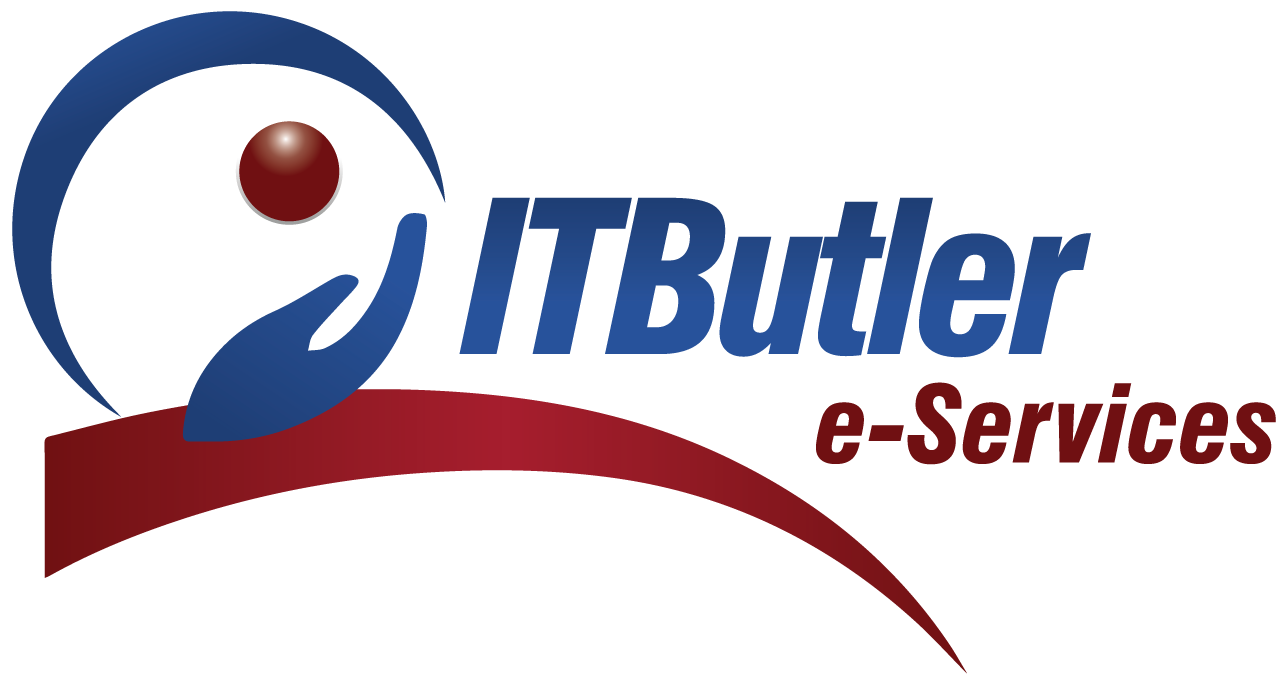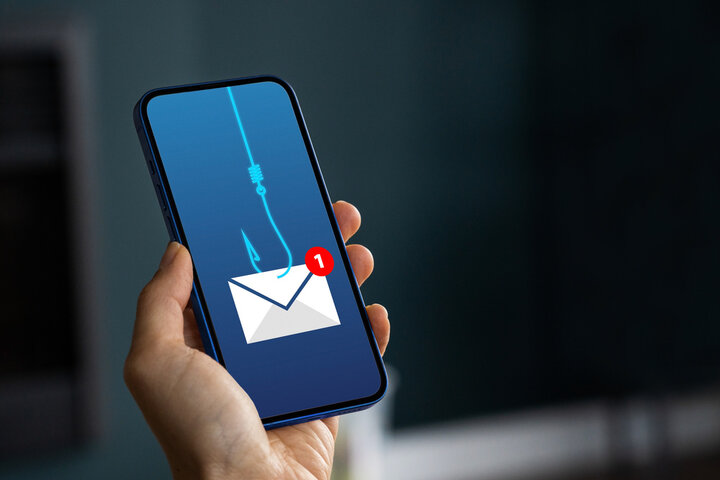In the dynamic landscape of the digital age, where technology intersects with tradition, the threat of phishing looms large. Phishing, the deceptive practice of tricking individuals into divulging sensitive information, has become a prevalent menace in cyberspace. This blog post explores why phishing is illegal, focusing on safeguarding traditions in the education industry. As we unravel this narrative, IT Butler emerges as a steadfast guardian committed to securing the digital realms of educational institutions.
Understanding Phishing:
Phishing is a cybercrime tactic involving deceptive techniques to obtain sensitive information, such as usernames, passwords, and financial details, by posing as a trustworthy entity. This nefarious practice takes various forms, including email phishing, where fraudulent emails are sent to trick recipients, and spear phishing, which targets specific individuals or organizations.
Why is Phishing Illegal?
- Deceptive Practices:
Phishing relies on deception. Cybercriminals use various means to create emails, websites, or messages that appear legitimate, leading individuals to believe they are interacting with a trusted entity. This deceptive practice violates the principles of honesty and transparency.
- Unauthorized Access:
Phishing often involves gaining unauthorized access to sensitive information. By tricking individuals into providing login credentials or other personal data, attackers breach the privacy and security of individuals and organizations, violating the principle of unauthorized access.
- Identity Theft:
The unauthorized acquisition of personal information through phishing enables identity theft. Cybercriminals may use stolen identities for various malicious activities, including opening fraudulent accounts, applying for credit, or engaging in other forms of identity fraud, all of which are illegal.
The Impact of Phishing on the Education Industry:
The education industry, with its wealth of sensitive data and the traditional focus on fostering knowledge and growth, is not immune to the threats posed by phishing. Educational institutions often store vast amounts of personal and academic information, making them attractive targets for cybercriminals.
- Student and Staff Privacy:
Phishing attacks targeting educational institutions can compromise the privacy of students and staff. The unauthorized access to personal information, including academic records and contact details, violates the trust placed in educational organizations.
- Financial Fraud in Educational Institutions:
Educational institutions may face financial fraud resulting from phishing attacks. Cybercriminals may attempt to manipulate financial transactions, divert funds, or engage in fraudulent activities, impacting the institution’s financial stability.
- Intellectual Property Threats:
Research institutions within the education sector often hold valuable intellectual property. Phishing attacks that target researchers or academic staff may seek to exploit or steal proprietary information, potentially hindering advancements in knowledge.
Safeguarding Educational Traditions with IT Butler:
In the face of evolving cyber threats, educational institutions require vigilant guardians to safeguard their traditions and uphold the principles of trust, privacy, and intellectual pursuit. IT Butler, a stalwart cybersecurity partner, stands at the forefront of this mission, offering tailored solutions to fortify the digital defences of educational institutions.
- Phishing Awareness Training:
IT Butler provides comprehensive phishing awareness training programmes tailored for the education industry. These initiatives educate students, faculty, and staff on recognizing phishing attempts, fostering a culture of cybersecurity and vigilance.
- Advanced Threat Protection:
Leveraging cutting-edge technology, IT Butler offers advanced threat protection services to educational institutions. These solutions include email filtering, web security, and threat intelligence, effectively mitigating the risks posed by phishing attacks.
- Incident Response Planning:
IT Butler collaborates with educational institutions to develop robust incident response plans for phishing threats. This proactive approach ensures swift and effective responses during a security incident, minimising potential damages.
Nurturing Cybersecurity in Education
As we navigate the digital era while preserving the time-honored traditions of education, the spectre of phishing poses a significant threat. Understanding why phishing is illegal is paramount to fostering a secure and trustworthy digital environment, especially within the education industry. IT Butler, with its unwavering commitment to cybersecurity excellence, emerges as a guardian of educational traditions. By providing tailored solutions, awareness training, and advanced threat protection, IT Butler empowers educational institutions to navigate the digital landscape with resilience and integrity. In the ongoing quest for knowledge and growth, IT Butler is a beacon of cybersecurity, ensuring that education traditions remain untarnished by the shadows of cyber threats. Together, educational institutions and IT Butler forge a path towards a secure and enlightened future.






